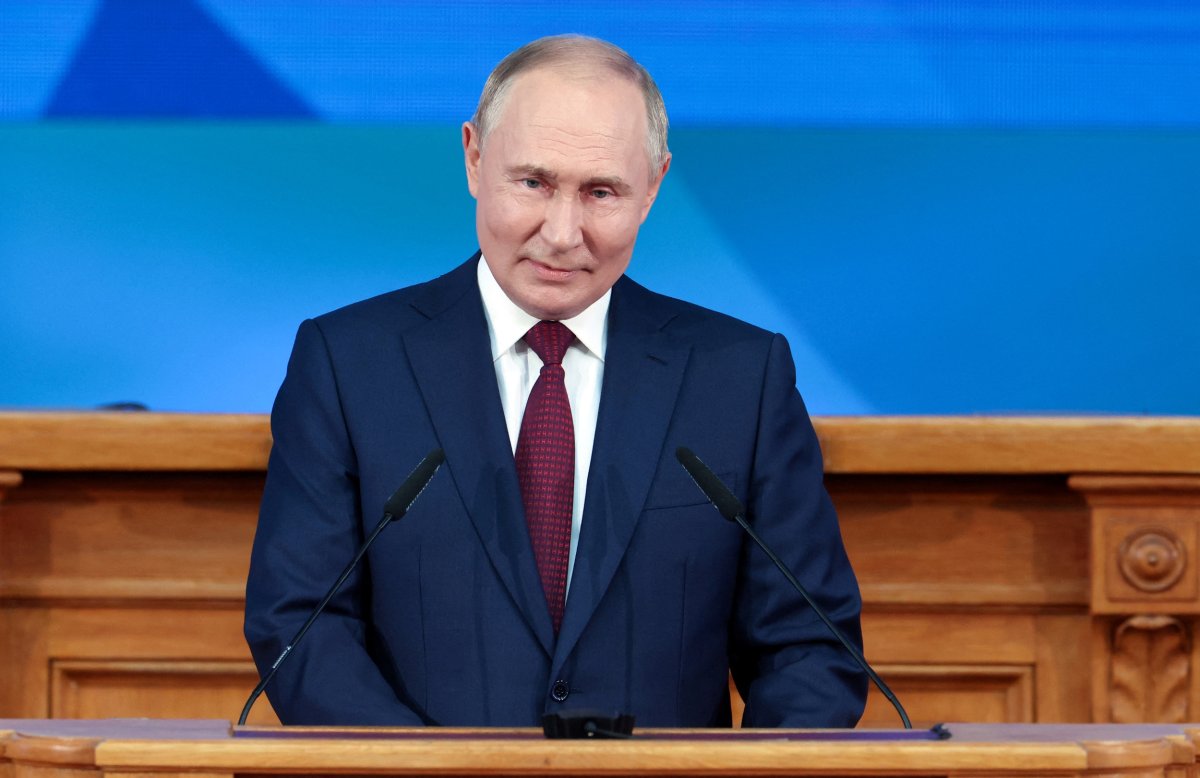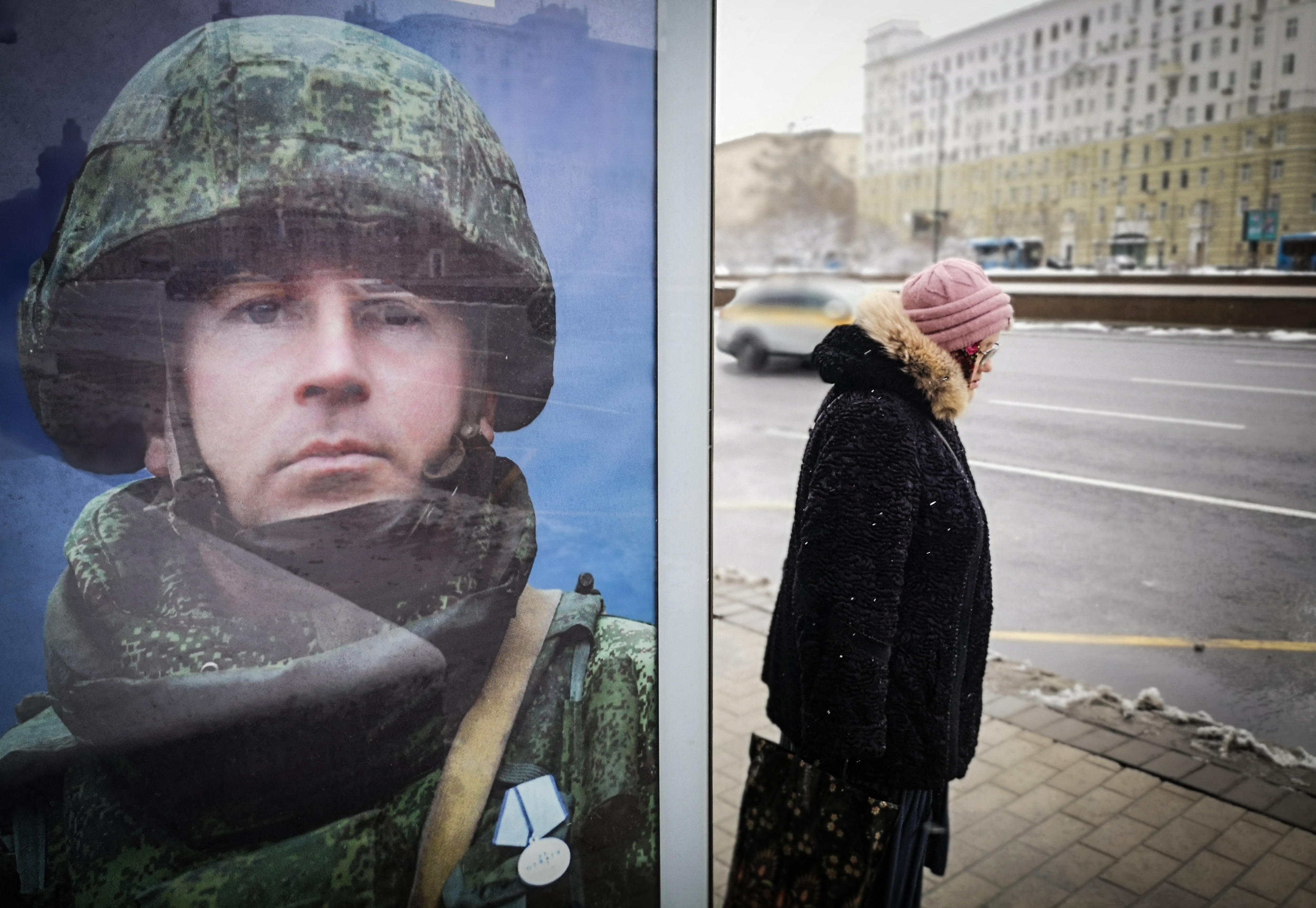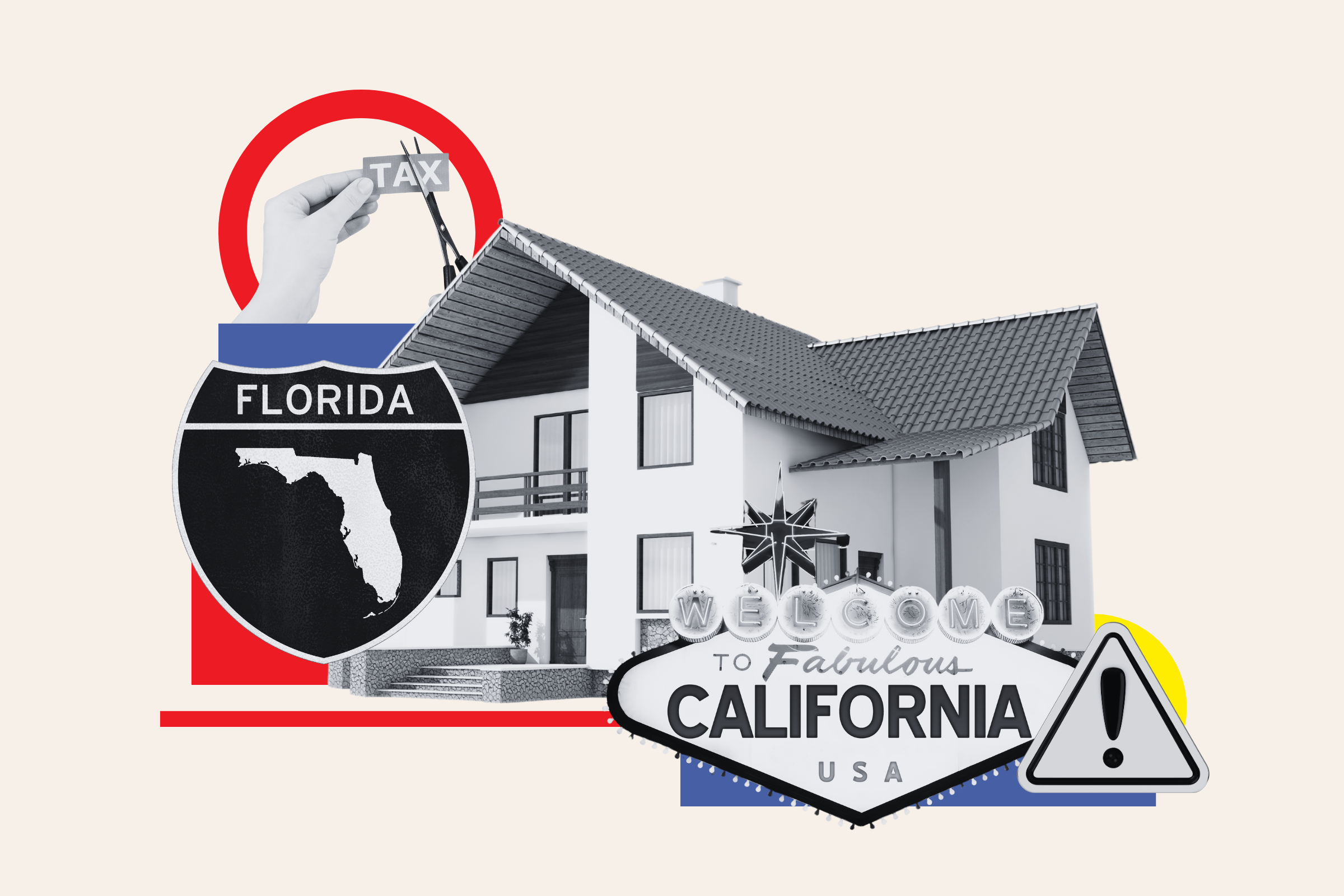🎙️ Voice is AI-generated. Inconsistencies may occur.
Ukraine's president Volodymyr Zelensky will present a suite of proposals to Washington this week which he hopes will end the war that Vladimir Putin started.
Zelensky will travel to the U.N. General Assembly in New York and then go to Washington where he will present a "victory plan" to the U.S. President, Congress and the two candidates in the presidential election, Kamala Harris and Donald Trump.
Newsweek has contacted the Ukrainian presidential office for comment over the details of Zelensky's plan which have yet to be officially unveiled, but three key elements have emerged based on his public statements:

Forcing Russia to peace
Russian forces have held the momentum in the east of Ukraine for most of this year. The Kremlin has also rejected Zelensky's 10-point peace formula, which among other things, calls for a complete troop withdrawal from Ukrainian territory.
But a source close to Zelensky told the Kyiv Independent that the victory plan would force Putin to no longer ignore a peace formula or summit to end the war.
"A central premise of the plan is the recognition that Russia, under President Putin, has not approached negotiations in good faith," said Leon Hartwell, senior associate at the London School of Economics' think tank, LSE IDEAS.
"While Putin claims openness to dialogue, Moscow remains committed to achieving victory on the battlefield," he told Newsweek, "this refusal to negotiate an end to the war stems from Russia's belief that it can still prevail militarily."
Hartwell believes that a settlement under current conditions would be too costly and so Zelensky intends to shift the balance of power, both on the battlefield and in future negotiations, while refusing to surrender any Ukrainian land.
Ukrainian officials have rejected reports that it includes a partial ceasefire and Zelensky said on September 18, there would be no freezing of the war or move that would Russia to regroup and restart its aggression later.
Meanwhile, Kyiv's incursion into Russia's Kursk region where it has reportedly captured 500 square miles, provides a territorial bargaining chip, which Ukraine would want to hold on to.
"Zelensky knows that the stronger Ukraine's position is in combat, the better its chances of securing favorable terms at the negotiating table," said Hartwell.
Security guarantees
Ukraine failed to be admitted to NATO and other international alliances partly due to disagreements among allies. But U.K. newspaper The Times reported that part of Zelensky's victory plan will be security guarantees along the lines of the mutual defense pact of alliance membership.
The paper also said that Zelensky wants to "Trump-proof" American support for Ukraine in light of the Republican presidential candidate and his running mate JD Vance suggesting the war could end by offering territorial concessions to Russia.
An unnamed western diplomat told the publication that the outcome of November's U.S. election is a key factor in Putin's calculations about negotiations, especially if there might be a government in Washington determined to back Kyiv under a Kamala Harris administration. If Trump wins and offers Putin "a cheap way out, that's the end of it," the diplomat added.
Biden, Harris and Trump "are likely to be cautious about overcommitting military support in the run-up to November," said Hartwell. "This political uncertainty may undermine Zelensky's confidence in sustained U.S. military aid."

Further western support
Zelensky's visit coincides with White House efforts to ready a new $375 million military aid package for Kyiv. Ukraine wants this support to continue but also seeks U.S. permission to strike deeper into Russian territory with American-supplied weapons such as ATACMS ground-launched ballistic missiles, which Washington has not granted over fears of escalation.
Ukraine says its needs to conduct long-range strikes to target Russian military installations such as airfields which launch guided bomb strikes from deep within Russia.
"The key question remains whether Zelensky can secure the necessary U.S. backing for these measures," said Hartwell. "Furthermore, will Putin perceive the threat of an intensified Ukrainian offensive as credible enough to push him to negotiate?"
Zelensky was asked by The New Yorker about a shift in rhetoric where once he spoke about "total victory" for Ukraine and a return to its 1991 border, toward becoming more open to negotiations through peace summits.
But in defining victory for Kyiv, Zelensky told the publication it would be something "whose outcome satisfies all—those who respect international law, those who live in Ukraine, those who lost their loved ones and relatives."
Hartwell said: "Zelensky's plan is also likely to emphasize the dire consequences of failing to act now. A protracted war would result in thousands more deaths and might ultimately tilt the scales in Russia's favor."
About the writer
Brendan Cole is a Newsweek Senior News Reporter based in London, UK. His focus is Russia and Ukraine, in particular ... Read more




